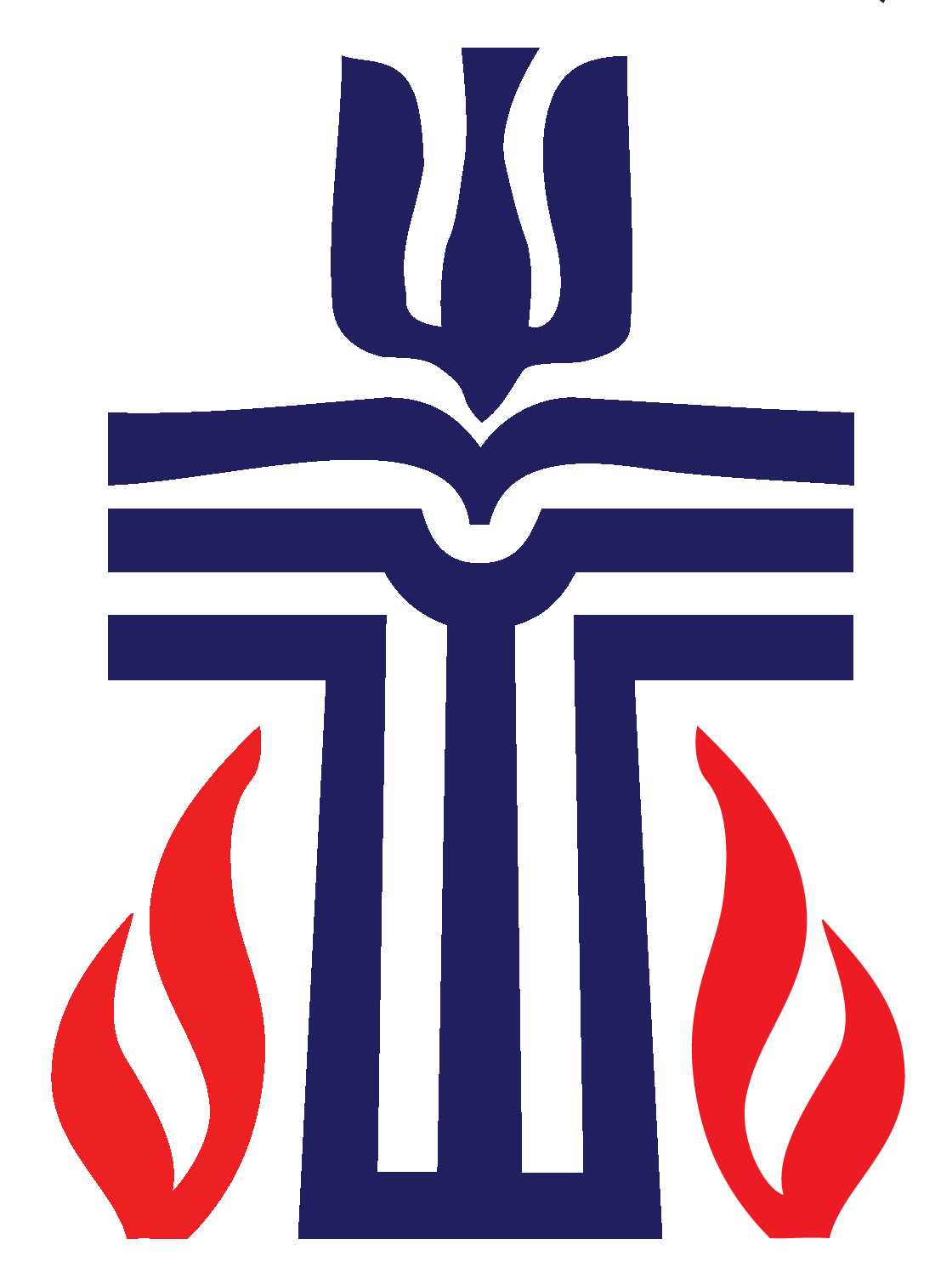
Hunter Memorial First Presbyterian Church

What We Believe
GOVERNMENT AND BELIEFS
Hunter Memorial First Presbyterian Church is a congregation of the Presbyterian Church (U.S.A.). As a Presbyterian congregation, we are guided in our life by the Constitution of the Church, which is comprised of the Book of Order and the Book of Confessions. The Book of Order has four sections: The Foundations of Presbyterian Polity, Form of Government, Directory for Worship and Rules of Discipline.
"The Presbyterian Church (U.S.A.) reaffirms, within the context of its commitment to the Church universal, a special commitment to basic principles of Presbyterian polity:
The particular congregations of the Presbyterian Church (U.S.A.) wherever they are, taken collectively, constitute one church, called the church.
This church shall be governed by presbyters, that is, ruling elders and teaching elders. Ruling elders are so named not because they "lord it over' the congregation (Matt. 20:25), but because they are chosen by the congregation to discern and measure its fidelity to the Word of God, and to strengthen and nurture its faith and life. Teaching elders shall be committed in all their work to equipping the people of God for their ministry and witness.
These presbyters shall come together in councils in regular gradation. These councils are sessions, presbyteries, synods, and the General Assembly. All councils of the church are united by the nature of the church and share with one another responsibilities, rights, and powers as provided in this Constitution. The councils are distinct, but have such mutual relations that the act of one of them is the act of the whole church performed by it through the appropriate council. The larger part of the church, or a representation thereof, shall govern the smaller.
Presbyters are not simply to reflect the will of the people, but rather to seek together to find and represent the will of Christ.
Decisions shall be reached in councils by vote, following opportunity for discussion and discernment, and a majority shall govern.
A higher council shall have the right of review and control over a lower one and shall have power to determine matters of controversy upon reference, complaint, or appeal.
Presbyters (ruling elders and teaching elders) and deacons are ordained only by the authority of a council.
Ecclesiastical jurisdiction is a shared power, to be exercised jointly by presbyters gathered in councils.
Councils possess whatever administrative authority in necessary to give effect to duties and powers assigned by the Constitution of the church. The jurisdiction of each council is limited by the express provisions of the Constitution, with powers not mentioned being reserved to the presbyteries."
The councils of the church are the Session, the Presbytery, the Synod and the General Assembly.
Communion
In the Sacrament of the Lord's Supper, God offers his people continued spiritual nourishment and sustains them in the communion of the body of Christ. Christians have differing names for this holy meal, but all of these signify the one sacrament. It is sometimes called; The Lord's Supper, the Breaking of Break, Holy Communion or The Eucharist or Thanksgiving.
The minister shall invite to partake of the Sacrament all those who are active church members or communicants in good standing in a Christian church, who trust in the Lord Jesus Christ and repent of their sins, and who covenant anew to live as followers of Christ. The invitation shall include baptized children who are being nurtured and instructed to participate with an understanding fo the significance of the invitation to the Lord's table and of their response in faith.
Any member of the church who is ill or shut-in may request communion be brought to them at their home, hospital, or nursing home. Please contact the minister or any elder for this service.
The Session determines how often the opportunity to partake of the Sacrament may be provided. It is fitting to celebrate the Sacrament as frequently as each Sunday, and at least as often as quarterly.